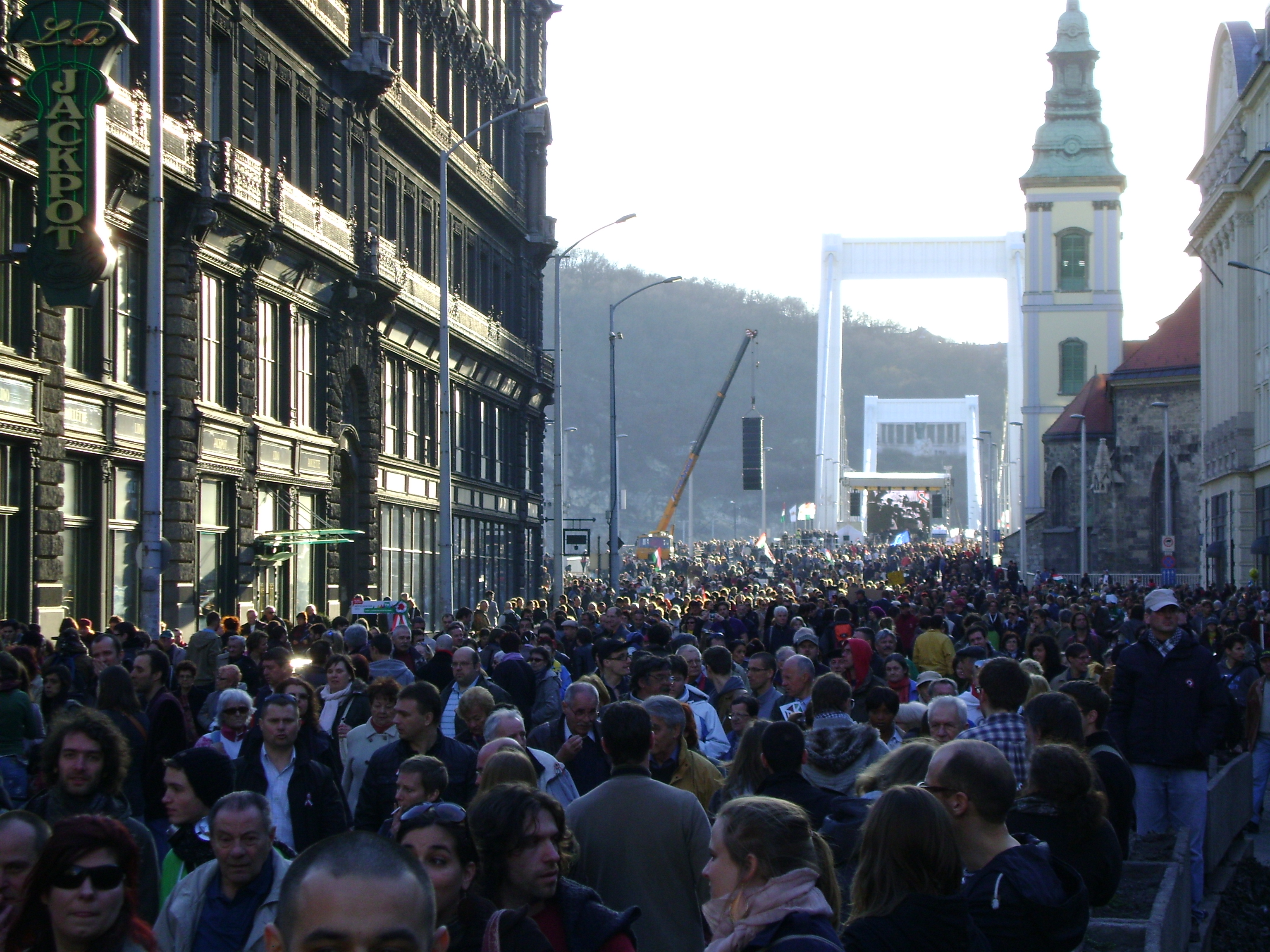
A Major Setback for Media Freedom: The Case of Hungary
In April 2011, in a symbolic move, Budapest’s Republic Square was renamed after the late Pope John-Paul II. This was one of the many consequences of the electoral victory of the Fidesz Party and its Christian Democrat allies a year earlier. The winners immediately called it a ‘revolution at the voting booths’. With the support of 53 percent of voters, the alliance won 67 percent majority in parliament, and soon began to colonise the public sphere in an attempt to embed its Christian, nationalist and conservative values. By 2012, the new government has fundamentally reshaped Hungary’s media landscape. Throughout the 2000s, Freedom House listed Hungary amongst other ‘free press’ countries, with scores meeting the regional average. Yet for 2011, Hungary was …










